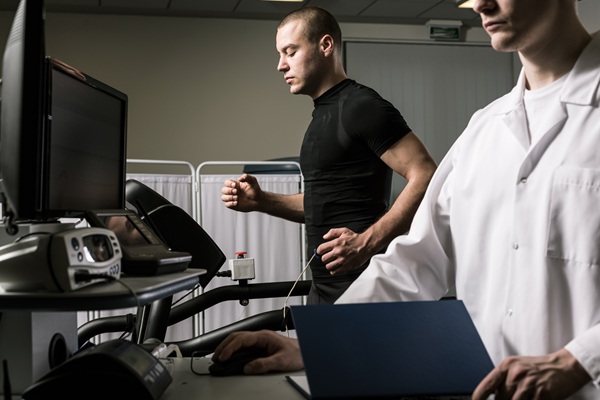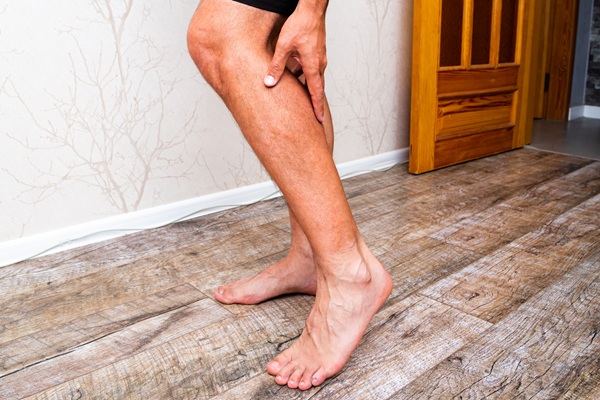3 Heart Disease Treatment Options from a Cardiologist

Looking into your heart disease treatment options? According to the Centers for Disease Control and Prevention, heart disease refers to several types of heart conditions. When it comes to treatment, it depends on the type of heart condition one has.
When to see a cardiologist
Wondering when heart disease treatment is necessary? A cardiologist is a health care professional who treats patients who have been diagnosed with a heart condition or heart disease. Also known as heart doctors, cardiologists play a very important role when it comes to the management of heart problems. While every patient is different, it may be time to see a cardiologist when someone is experiencing heart pain, diagnosed with high blood pressure, living with high cholesterol, is diabetic, and/or has a family history of heart problems.
3 Treatment options for heart disease
Below is a list of some of the more common treatment options used by cardiologists to treat heart disease in patients.
1. Coronary bypass surgery
Coronary bypass surgery is the most common type of open-heart surgery used to treat heart disease. The surgical process works by creating a new way for the patient's blood and oxygen to reach their heart. The cardiologist will use the patient’s own blood vessels in order to create the bypass, which is necessary when there are blockages in one or more of their arteries that supply blood to their heart. The surgery is performed with the goal of improving blood flow to the patient's heart and is commonly used to treat patients who have severe coronary heart disease.
2. Valve repair, replacement
Treating heart disease may require one to undergo a procedure in order to repair one of their heart valves. Heart valve repair is preferred over heart valve replacement, as it is easier to repair a heart valve when it has become damaged than to replace it altogether. Heart valve repair requires a cardiologist to perform a procedure called a balloon valvuloplasty, which is used to relieve any tightness in a heart valve. A valve replacement procedure is necessary when a heart valve is not able to be repaired. The artificial heart valve used to replace the damaged valve is either artificial, made from human-donor or animal tissue.
3. Prescription medications
There are many types and combinations of drugs used to treat coronary heart disease. Some of these medications help to make heart patients' blood thinner, as this helps to prevent harmful clots from forming in the blood vessels. Other medications may be used to expand blood vessels, decrease heart rate, lower cholesterol levels, repair irregular heartbeats, and help the body get rid of any buildup of excess fluids that can make the heart work harder.
The bottom line
Is heart disease treatment in your near future? Now that the above information has been read, it is understood that there are many different types of heart disease treatments a cardiologist can offer. In order for someone to understand what type of treatment they need, they will need to make a consultation appointment with a cardiologist in order to learn more about their particular situation.
Get more information here: https://boyntonbeach.floridapremiercardio.com or call Florida Premier Cardiology at (561) 229-1411
Check out what others are saying about our services on Yelp: Read our Yelp reviews.
Recent Posts
A cardiac stress test is a diagnostic tool to evaluate how well the heart performs under physical stress. Cardiologists use this test to detect underlying cardiovascular conditions, monitor treatment progress, or assess the risk of future heart complications. Cardiac stress tests are essential in the early detection and management of heart disease.A cardiac stress test…
Peripheral arterial disease affects blood flow in the arteries, most commonly in the legs. It develops due to plaque buildup in the arteries that causes them to narrow and restrict circulation, possibly leading to discomfort, difficulty walking, and other serious complications. Recognizing the symptoms early and exploring treatment options can help improve the quality of…
Receiving cardiovascular treatment is a critical step in managing heart health, but recovery and long-term are equally vital to ensure long-term wellness. Whether the treatment involves medication management, interventional procedures, or surgery, maintaining a relationship with the cardiologist and following their recovery guidelines is crucial. A structured follow-up plan allows patients to maintain the benefits…
An echocardiogram is a common and painless test that helps doctors evaluate heart health. This test uses sound waves to create images of the heart, allowing cardiologists to examine its structure and function. Many people feel nervous before a medical test, but understanding what to expect can help reduce stress.An echocardiogram is a diagnostic test…


